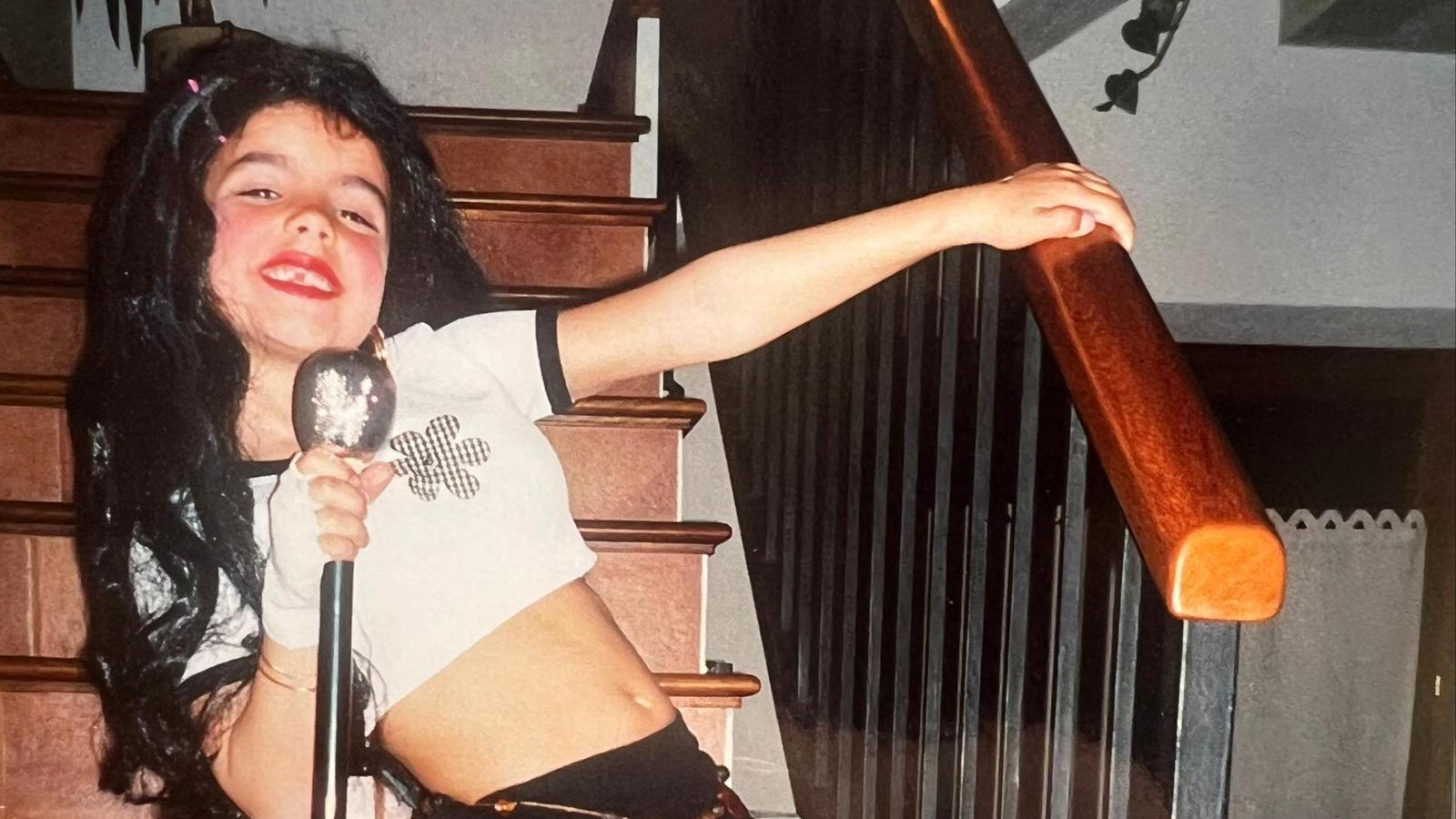What Julia Colón was like according to her mother: “She always carried insects, crabs, and lobsters in her hands.”
The singer's mother tells us how young she was and the secrets of her childhood and adolescence.


PalmThey stroll through the streets of Valldemossa celebrities The size of Dua Lipa, Catherine Zeta-Jones, and Alexa Chung. It is where the composer and pianist Frédéric Chopin and the writer George Sand stayed during the winter of 1838-1839 (a not entirely favorable experience that was recorded in the book A winter in Mallorca (of Sand). And through these same streets and gardens, since 1996, a doll that loved to play with insects and hunt crabs and lobsters runs and plays. It is a celebrity Nostrada: She's been wandering around different stages for years, singing from the heart. She's one of the island's best-known sibyls and has always shown an interest in glossa. She's cheerful, friendly, and very easy-going. She also says the singer was never a "normal doll": "Nothing burned her, and she often carried insects, crabs, or lobsters in her hands, although over time that obsession ended. moms and dadsShe didn't dress up or wear much makeup. Instead, she loved making crafts, necklaces, and bracelets. She was a sociable doll and has been very independent ever since she was little." Creativity has always been a part of her: "She would make up words and make us laugh a lot. One time we went to the Basque Country, and she would start speaking in Basque. She made everything up, of course, but she was very funny."
She's the middle of three siblings, two boys. "It wasn't easy," says the mother of the album's author. Miramar (2023), but over the years, the three siblings found common ground to share, like music. "We spent a lot of time together as a family: we went on outings, had many guests over. The children made... show When there were guests, our house was like a stage. On Sundays we would go to the shed by the olive grove to make toast."
They soon saw that Julia liked to sing, so they signed her up for the UIB children's choir with her brothers, and then to dance and play the transverse flute at the Vallde Municipal Music School. songs." Maria Antònia remembers one day when the doll must have been nine or ten years old: "A friend of mine asked her what she wanted to be when she grew up and, seriously, she replied: 'A singer.' Everyone laughed, but she said it with great conviction. As she grew up, this vocation became more evident. She decided to do Artistic Baccalaureate and then continue with music, without ever considering a plan B. And look, at home, we have insisted on this plan B."
She was a teenager and already asked her parents to accompany her to jam sessions from Saratoga (Palma), and soon began performing in public. "She's never been afraid of the stage or the microphone. Perhaps now, as an adult, is when she suffers the most from prejudices or nerves," notes Maria Antònia. Julia often says that she wouldn't be where she is without her family. And her mother wants to clarify this: "We haven't helped her as much as she says. We simply haven't set limits. Of course, we insisted a lot that she should study and take the university entrance exams, just in case."
Julia's values, according to Maria Antònia, are linked to a series of specific factors that have made her who she is: being born in Valldemossa, going to scouts, the Nuredduna group; and also having grown up in a house full of love for music, as well as for language: "She's a combative girl, committed to the values of the land, the landscape, and the language, values that she has seen in her home."
